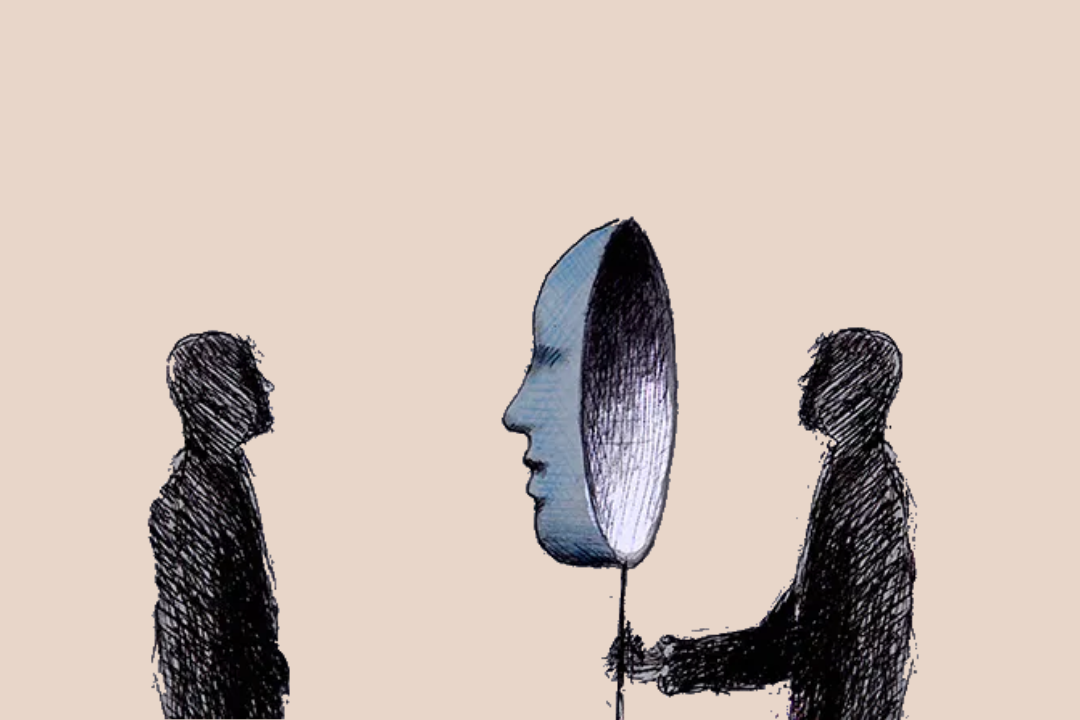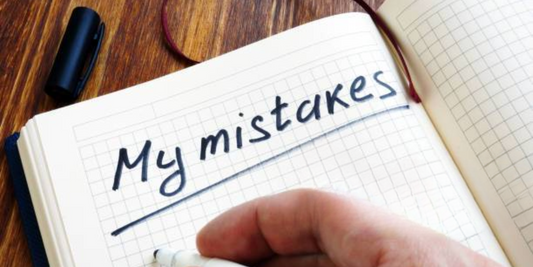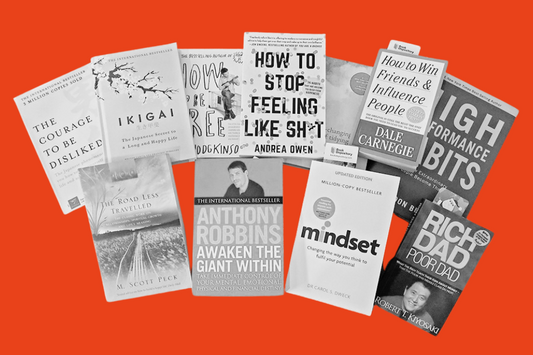Having worked as a therapist in different settings and with a diverse population, I’ve had a lot of exposure when it comes to understanding myself and my professional self. However, are these two any different?
When I first started off in the field, it was very intimidating. We are always told to compartmentalise and that one can't intersect with the other. But now, when I think back about this aspect, I am in flux. Sure, boundaries are important because they help maintain the professionalism of the space, but does that mean we are (supposed to be) two different people?
Practising psychology brings so much focus on the human experience, and that in itself would require you to be a real living human. I do think it is important to be professional (because it is a job at the end of the day), but It is also important to be a person as it is a job that depends on you being inherently human. Confusing, right? authenticity in therapy
But there is definitely a required overlap.
The definition of authenticity is extremely important to me and that is something that has grown and been redefined multiple times. For me, being authentic is being as true a version of myself that exists. And this core self doesn't always have to change. You can still be yourself and do your job. There are lines that we do not cross and those boundaries come with any scenario. Let me give you context; when I first started out, we were told this is serious business, and if you show any side of you in a session … IT’S CHAOS!... or more realistically, you are terrible at your job. When I think on my journey of finding the kind of therapist I wanted to be, It made me want to be more like me and less of a facade that I needed to put up. It meant that I could make jokes and break the ice and have conversations rather than strategy interventions. I love humour as a person, and allowing myself to be this ‘less serious’ person has paid off in the long run. The point that I am coming to is that I can be myself as well as a professional in therapy. (And thank god for boundaries).
But the reason for this long drawn conclusion is that it took me a lot of time to get there (and it also confused the daylights out of everyone around me, but more on that later). I still get questions from family, clients, and friends, etc: ‘What kind of person are you otherwise?’; ‘Why do you need therapy?’; ‘How could you have a bad day?’; and so on.
After ruminating these questions in my mind, I realise that people just assume that “I am a therapist a.k.a not a real-person-with-human-experiences”. And as exciting as it would be to be a know-it-all-radiating-with-wisdom-kind-of-being, I sadly have come to terms with the fact that I am just another regular person.
Yes, yes, I too am disappointed that I am not this transcendent being.
But here’s the thing. I do think it's fun to be flawed; it leads to more conversations, more thoughts, and definitely more connections. Also, it makes the idea that you need to hide parts of who you are kind of redundant. I can't say that I am the same therapist I was when I started off and that is only because I am not the same person I was when I started. In all, I’d like to highlight that ‘therapists are people too’. And yes, I am sure we all know that. But what does this mean for me?
It means that I have certain biases, thoughts, ideas, and beliefs of my own; issues and challenges that I face myself; likes, dislikes, whims, fancies, etc. I am mediocre, but special in my own way. I have rationality, but also need a reality sound check from a therapist. Does that mean I can't be a good therapist, especially if I am flawed and have all these aspects in my personal life - umm, not really.
See, this aspect goes very much beyond me; In fact, we all have a human side of being a professional - whether you are a doctor, teacher, lawyer, receptionist, barista, waiter, artist, or anyone else for that matter.
Just remember one thing: sometimes, embracing the ‘person’ side of you in your professional life can make you better at your work, as well as make work better for you.
authenticity in therapy





